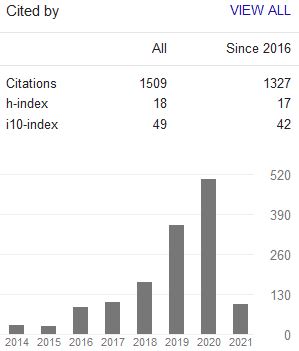عقيدة أهل السنة و الجماعة لدى مشايخ جمعية نهضة العلماء بجاوى الشرقية
Abstract
This article is aimed at understanding the theology of Ahl al-Sunnah wa al-Jama’ah better known in Indonesia as Aswaja in the construction of the scholars of the Nahdlatul Ulama in East Java. It particularly investigates the views of three leading figures, Kiai Luthfi Bashori from Malang, Kiai Muhyiddin Abdussomad from Jember, and Kiai Asrori from Surabaya. The idea of the research comes into being as the result of somewhat lengthy debate among the NU elites concerning the problem of the application of Aswaja’s tenets in mainly three domains; theology, fiqh, and Sufism. Kiai Luthfi tends to look at the tenets of Aswaja in terms of theology, and tries to apply them practically through social movement that he works for. Kiai Muhyiddin tends to understand those tenets as a set of jurisprudential principles, while Kiai Asrori understands them as a kind of Sufistic values. The article argues that different scientific orientation naturally brings about different approaches in looking at religious tenets and worldly issues. Different perspectives in concept and how this concept is to be applied just follow the difference in scientific orientation and approach.
Keywords
Aswaja; theology; jurisprudence; sufism
Full Text:
PDFDOI: 10.15642/JIIS.2011.5.1.192-216
Refbacks
- There are currently no refbacks.
Indexed by:
Journal of Indonesian Islam (ISSN 1978-6301 and E-ISSN 2355-6994) is published by the Postgraduate Program (PPs) and the Institute for the Study of Religion and Society (LSAS), State Islamic University (UIN) of Sunan Ampel Surabaya.
Journal of Indonesian Islam by http://jiis.uinsby.ac.id/index.php/JIIs/index is licensed under a Creative Commons Attribution-ShareAlike 4.0 International License.
Copyright ©2020 State Islamic University (UIN) of Sunan Ampel Surabaya. Powered by Public Knowledge Project OJS.







